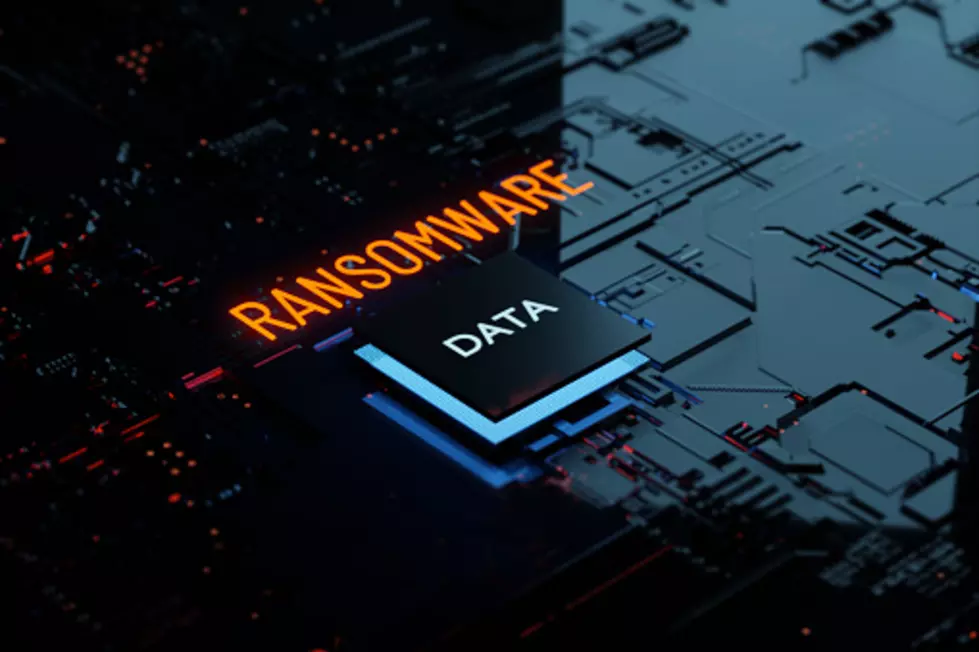
Illinois Attorney General’s Office Hit With Ransomware Attack
If you're not familiar with the term "ransomware," it's worth trying to get yourself up-to-speed, because ransomware is causing big problems here in the U.S. and around the world.
Let's get started with a quick explanation of what ransomware is and what it does. TrendMicro.com breaks it down in an understandable way for you:
Ransomware is a type of malware that prevents or limits users from accessing their system, either by locking the system's screen or by locking the users' files until a ransom is paid. More modern ransomware families, collectively categorized as cryptoransomware, encrypt certain file types on infected systems and force users to pay the ransom through certain online payment methods to get a decryption key.
The bottom line is that your computer or computer systems are locked up by the bad guys, and all your files, photos, and other things you need from that computer or computer system stay that way until you pay the bad guys the ransom demand. By the way, the standard method of payment to the criminals who take over computer systems is cryptocurrency, not a bag of cash dropped off at a remote location.
You might be wondering what happens if you refuse to be extorted, and decide that you're not going to pay these bad guys one red cent.
Several things could happen in that scenario. The bad guys might just disappear, leaving your computer/computer systems locked up and unavailable to you forever. Or, they may threaten to start leaking private or sensitive information that they've found in your system. In many cases, that threat has been shown to be very real, and some damaging information was indeed posted on the internet.
Which brings us back around to Illinois Attorney General Kwame Raoul's office and the ransomware attack that they're currently trying to sort out.
Because Illinois state statute says that the public must be notified of this sort disruption to a state office, Attorney General Raoul issued a statement yesterday with an explanation of where things stand right now:
On the morning of Saturday, April 10, the Attorney General’s office discovered that the office’s computer network had been compromised by a ransomware attack. The Attorney General’s office began an immediate investigation and continues to work closely with law enforcement authorities to determine the extent of the compromise, what information was exposed, and what was done with the information on its system. The Attorney General’s office will provide updates, to the extent possible, upon completion of its ongoing internal review, aided by external technology experts.
LOOK: Here are 25 ways you could start saving money today
More From 97 ZOK









